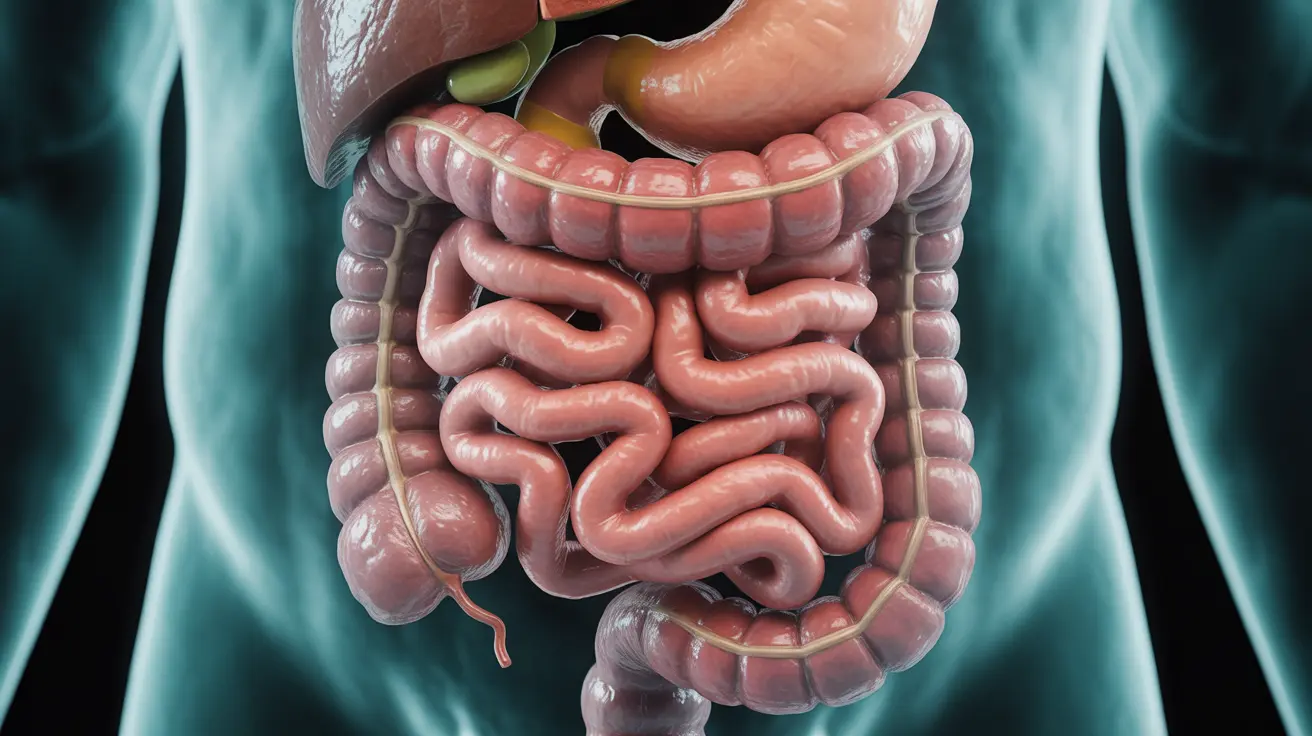Many nicotine users experience a familiar yet rarely discussed phenomenon: the urge to have a bowel movement shortly after using nicotine products. This biological response, while common, raises questions about the relationship between nicotine and digestive function. Understanding this connection is important for both regular nicotine users and those seeking to comprehend its effects on the body.
How Nicotine Affects Your Digestive System
Nicotine significantly impacts your digestive system through multiple mechanisms. When nicotine enters your bloodstream, it triggers the release of various neurotransmitters and hormones that affect your gut motility and function.
Stimulation of the Digestive Tract
Nicotine acts as a stimulant in your body, activating the parasympathetic nervous system, which controls the "rest and digest" response. This activation increases muscle contractions in your intestines, potentially speeding up the movement of waste through your digestive system.
Impact on Gut Hormones
The substance influences the production of digestive hormones that regulate intestinal movement and secretion. This hormonal effect can lead to increased gut activity and the urge to defecate shortly after nicotine consumption.
Different Nicotine Products and Their Digestive Effects
Various nicotine delivery methods can affect your digestive system differently, though they share common mechanisms of action. Understanding these differences can help users better anticipate their body's response.
Traditional Cigarettes
Cigarettes combine nicotine with numerous other chemicals that may intensify digestive effects. The act of smoking also involves swallowing air, which can further stimulate bowel activity.
Modern Alternatives
Electronic cigarettes, nicotine pouches, and patches may produce similar but potentially milder effects on bowel movements, as they deliver nicotine without the additional compounds found in traditional cigarettes.
Health Considerations and Risks
While the laxative effect of nicotine might seem beneficial for some individuals, it's crucial to understand the associated health risks and concerns.
Digestive Health Impacts
- Acid reflux and heartburn
- Irregular bowel patterns
- Stomach inflammation
- Reduced appetite
- Potential nutrient absorption issues
Long-term Considerations
Relying on nicotine for bowel regulation can mask underlying digestive problems and create dependency. Additionally, the numerous health risks associated with nicotine use far outweigh any perceived benefits for digestive function.
Frequently Asked Questions
Why does nicotine make me feel the urge to poop shortly after using it? Nicotine stimulates the parasympathetic nervous system and increases intestinal muscle contractions, leading to faster movement of waste through your digestive system. This natural response typically occurs within minutes of nicotine consumption.
How does nicotine affect digestion and bowel movements in the body? Nicotine impacts digestion by stimulating the release of neurotransmitters and hormones that control gut motility. It increases muscle contractions in the intestines and can speed up the digestive process, leading to more frequent bowel movements.
Do all nicotine products like cigarettes, vapes, and nicotine pouches cause the same effect on bowel movements? While all nicotine products can stimulate bowel movements, their effects may vary in intensity. Traditional cigarettes often produce the strongest effect due to additional chemicals and the act of smoking itself, while newer alternatives might have milder impacts.
Can using nicotine lead to diarrhea or other digestive problems? Yes, nicotine can cause digestive issues including diarrhea, acid reflux, and stomach inflammation. Regular use may disrupt normal digestive patterns and lead to chronic gastrointestinal problems.
Is nicotine a safe or effective way to treat constipation or irregular bowel movements? No, nicotine should not be used as a treatment for constipation or irregular bowel movements. The risks associated with nicotine use far outweigh any potential benefits. Instead, consult a healthcare provider for safe and effective treatments for digestive issues.




